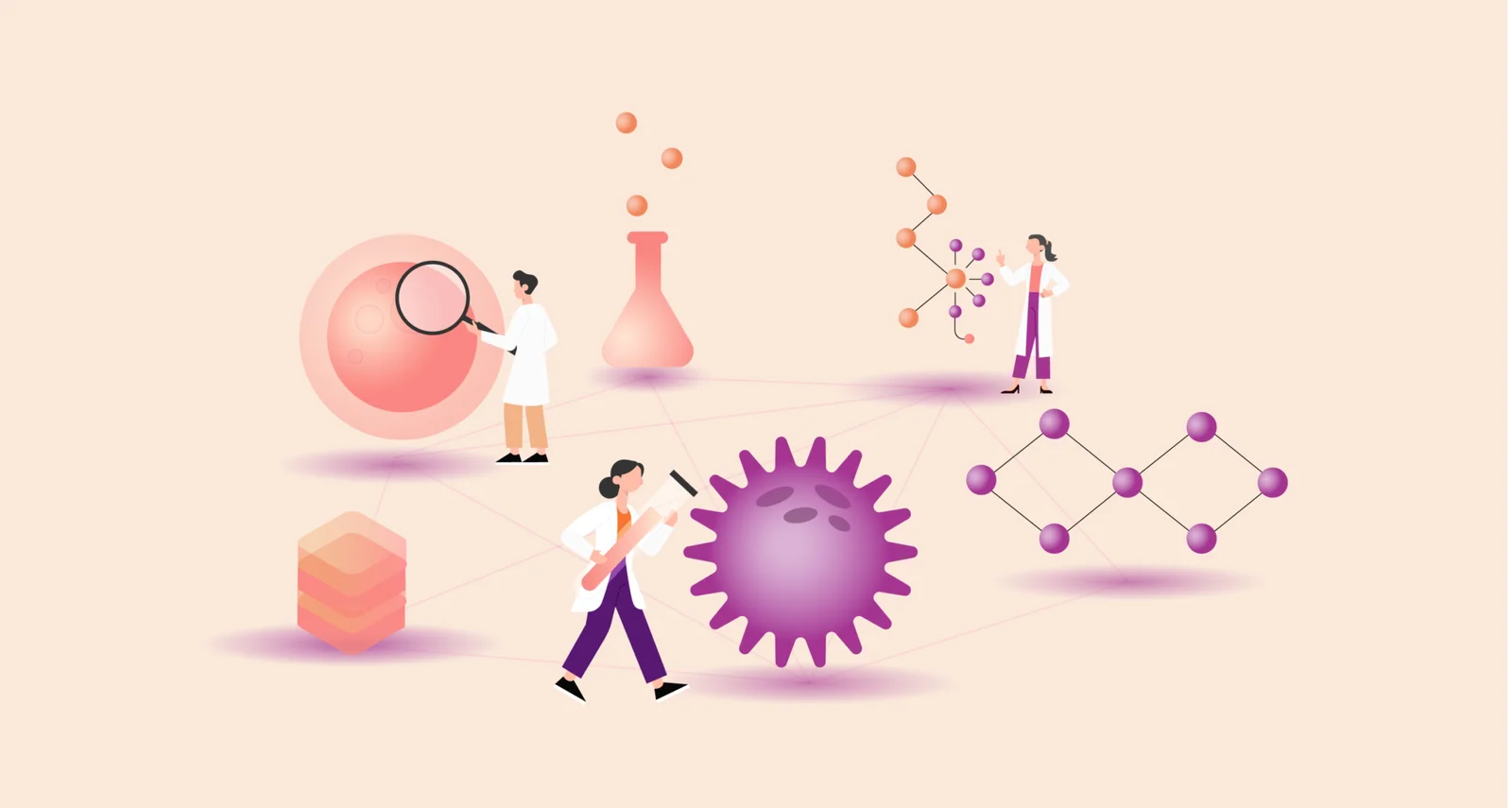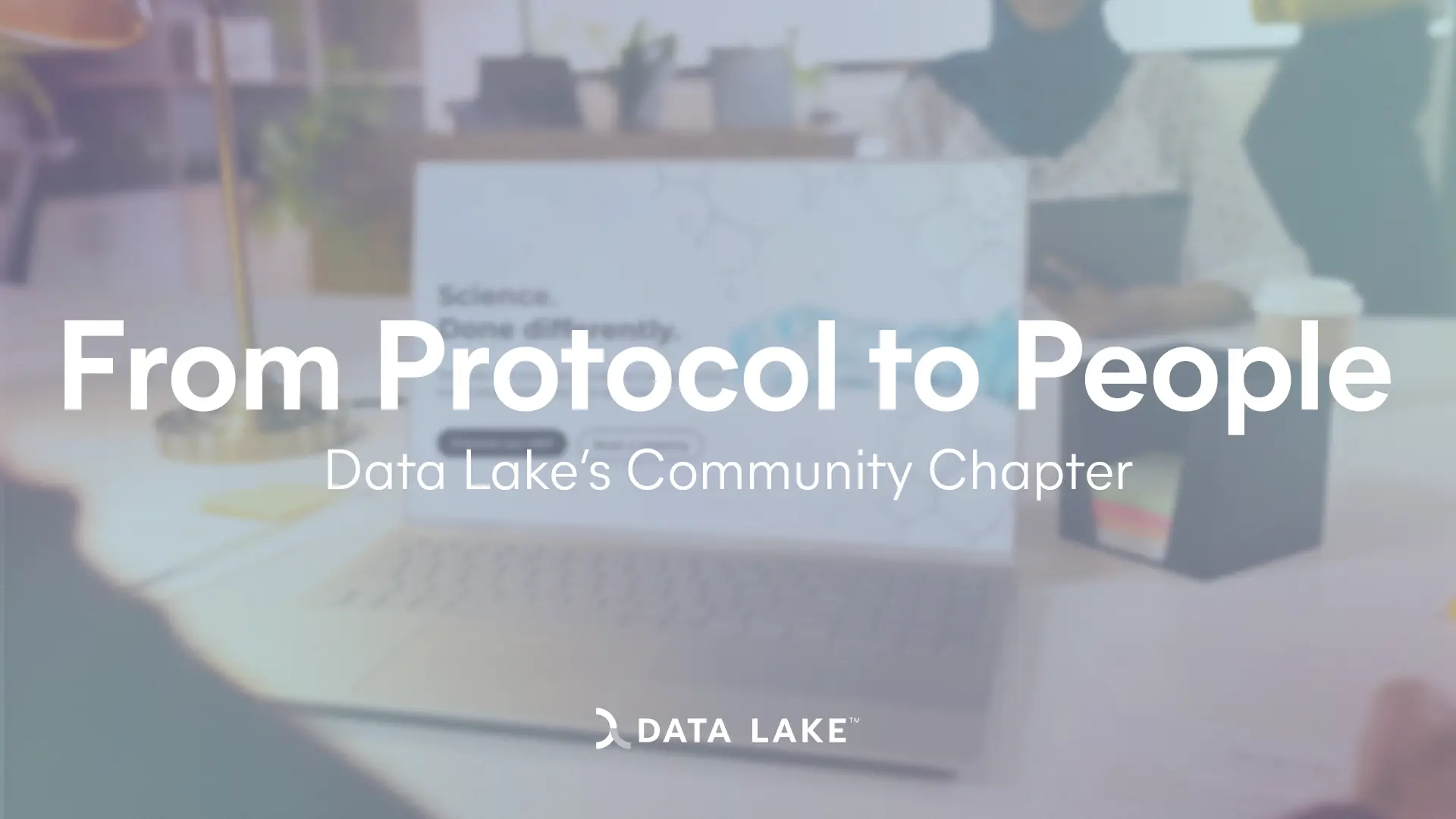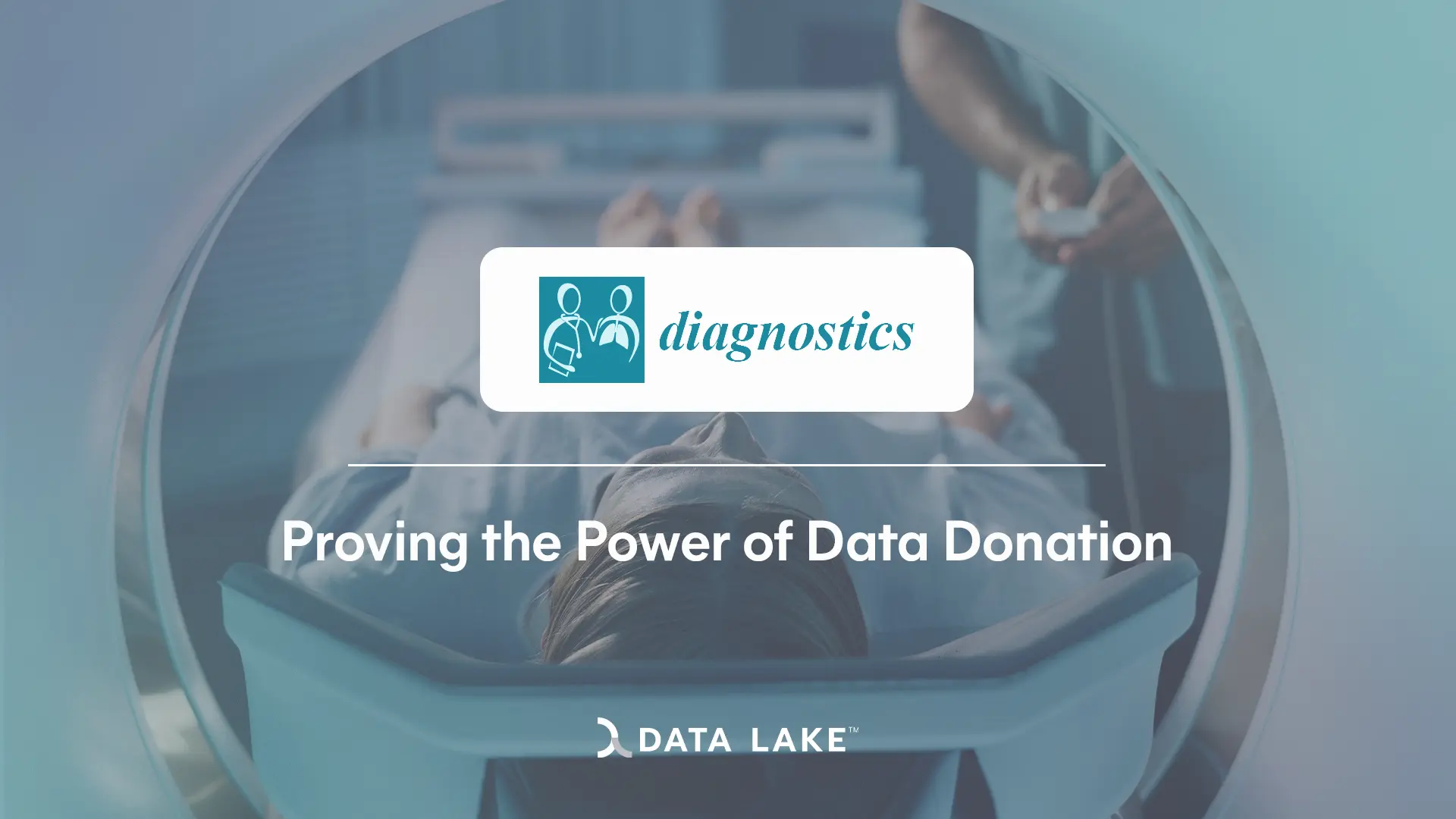Premise: Science as a global public good
Science is the process of discovering how things work today, how they worked in the past, and how they are likely to work in the future. Science has illuminated the path for human civilization; but in our epoch – one in which societies are facing complex, urgent challenges such as climate change and pandemics – many agree that our approach to science should be re-thought and are calling for scientific research to be considered a global public good.
As defined by the International Monetary Fund, public goods are those that are available to all (“nonexcludable”) and that can be enjoyed over and over again by anyone without diminishing the benefits they deliver to others (“nonrival”)1. Scientific research is open to scrutiny worldwide (“nonexcludable”), and its consequences impact everyone (“nonrival”), hence, science should in our opinion be considered a global public good.
For the reasons we will illustrate, however, our current scientific infrastructure is not fit for this purpose.
.
The problem: Traditional Science
In many ways, science has been subject to centralized control. This causes it to suffer from many of the issues that are typical of centralized system, such as:
-
Flawed funding
Scientific research and progress is made possible by funding scientists who aim at completing specific projects. Nowadays, scientists submit lengthy written applications and compete with one another to access funds. It is well known in the sector that this general model is vulnerable to the biases, politics, and self-interests of funding review panels and the institutions or organizations they represent. It has also been proven how different panels can reach completely opposite outcomes when reviewing applications, and that projects which achieve high scores in the review phase often fail at delivering the expected results. Moreover, funding is becoming more scarce over time, creating a competitive environment in which the winners are too often those who promise the impossible.
-
Biased publication
Currently, scientific publications are generally not publicly available, but instead shared on websites that apply paywalls. Moreover, before publication a paper is required to go through a peer-review process. Experts in the sector have to analyze the paper, and while peer-review usually improves the quality of papers without significantly affect their finding outcome, this step has the potential to be influenced by a politicized process of gatekeeping that favors powerful interests.
.
Summarizing, both the funding and the publication flaws in scientific research are partially caused by centralized control over science, something that undermines the scientific progress it is supposed to promote.
.
The solution: DeSci
The word DeSci stands for “Decentralized Science” and indicates a trending movement that aims at introducing a decentralized model to rewrite the rules of science, by leveraging blockchain and Web3 technologies. DeSci means inclusiveness, democracy, fairness. The principles and technologies behind DeSci also contribute substantially to the possibility of making science a global public good.
The inventions of smart contracts and the recent spreading of public blockchains have unlocked the possibility to decentralize and improve many aspects of our daily lives, including science. DApps (Decentralized Applications) can take advantage of game theory to create new unexplored ways of funding research, incentivizing a continuous community review of papers and enabling a public and also meritocratic publication of scientific research paper based on consensus. In short, DeSci represents one potential “cure” to improve many aspects of how scientific research is funded, conducted and shared, and could be a determining factor in the effort to make it a global public good.
.
Data Lake and DeSci
Data Lake is proudly part of the growing DeSci field. Through the use of the Polygon blockchain and a token ($LAKE), Data Lake has built a system to connect patients with researchers in need of medical data to support their efforts to find cures and new treatments for diseases, and improve medical care and patient outcomes.
Our system proves that – just like donating blood or bone marrow to save lives – patients want to be able to donate their medical data to support medical research and help citizens on a scale of millions. With Data Lake, once a user’s identity is verified, they can authorize a transaction on a public blockchain to give us consent and power of attorney for accessing their medical data. On that basis, we can source access to medical data from the donor’s healthcare provider(s), anonymize it and give them the possibility to make it available to researchers, while allowing both hospitals and data donors to share in the rewards of the medical data economy.
.
The launch of Data Lake and of its token $LAKE will happen on December 7th, 2022. Join our mission by following our channels and subscribing to our newsletter to receive the latest news first!
.
.
1 https://www.imf.org/en/Publications/fandd/issues/2021/12/Global-Public-Goods-Chin-basics




